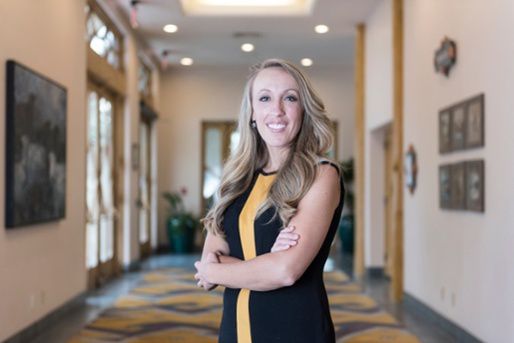Food Equals Work, Work Equals Respect
Published
4/7/2017
By Amber Morin, Arizona Farm BureauField Manager: As an agriculturalist, I have a deep appreciation for how our food is produced. It’s hard work! The hours are not 8 to 5, but sun up to

Arizona Farm Bureau Field Manager Amber Morin grew up on a ranch in southern Arizona with her parents and sister.
Growing food is hard work, but it’s also smart science. Farmers and ranchers from across the nation implement best management practices for environmental concerns, animal health, and food safety. My ranching family
We are also a heavily regulated industry, with layers of government controls to adhere
Despite the efforts to provide the safest, healthiest, and most accessible and affordable food in the world, terms like factory farms, industrialized agriculture, and “Big Ag” are all thrown around to shame our industry. My own experience, which contradicts these labels, is that agriculture is dominated by hard working family farmers and ranchers. Tt doesn’t pay well, and it’s often thankless. However, we don’t attack people who want to have a backyard garden, we encourage it. We don’t avoid questions about our operations, we welcome them. We don’t demean people who have never stepped foot on a farm or ranch, we tell them to bring their boots and hats. Most importantly, we believe that there is a place for all agriculture from the rooftop garden to the thousand-acre
In conclusion, my question for modern agriculture’s faultfinders is: why the character assassination without the lived experience? If you pursued agriculture or attempted to put yourself in our shoes, you may just begin to understand the amount of work and dedication to
Editor’s note: Morin grew up on a ranch in southern Arizona with her parents and sister.